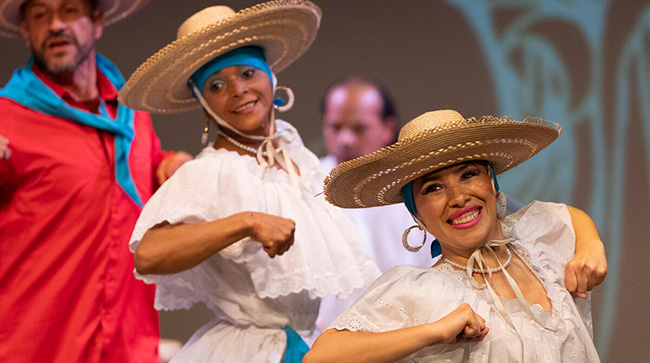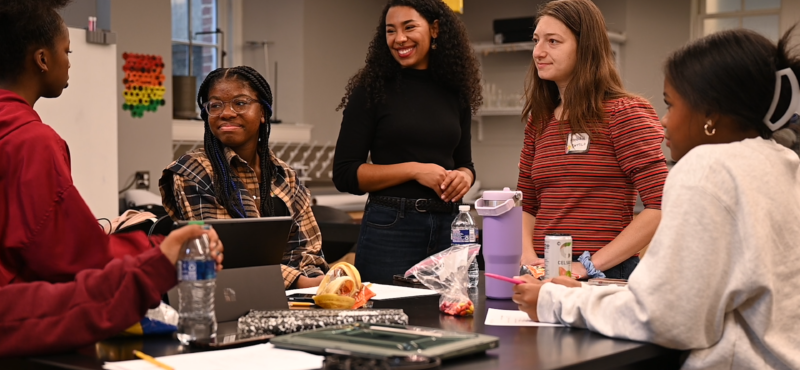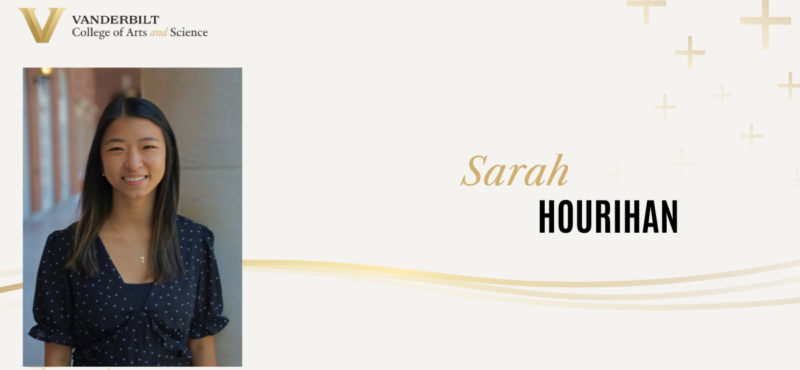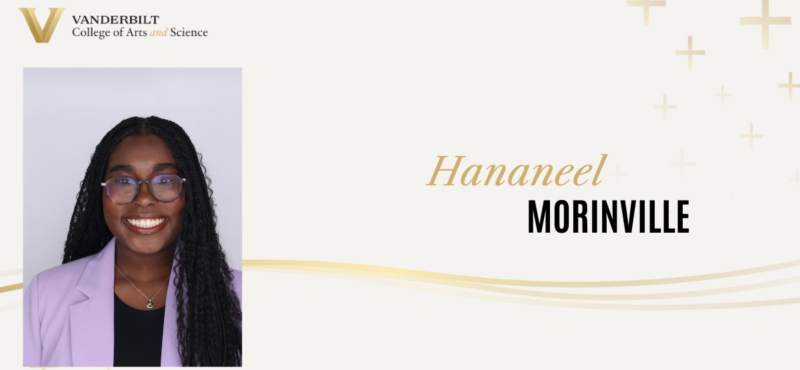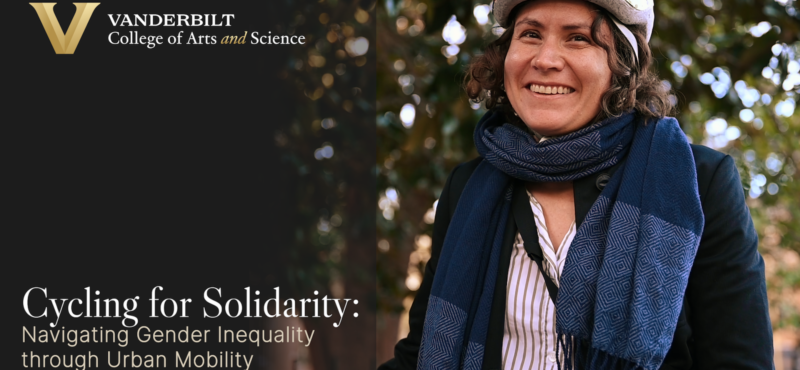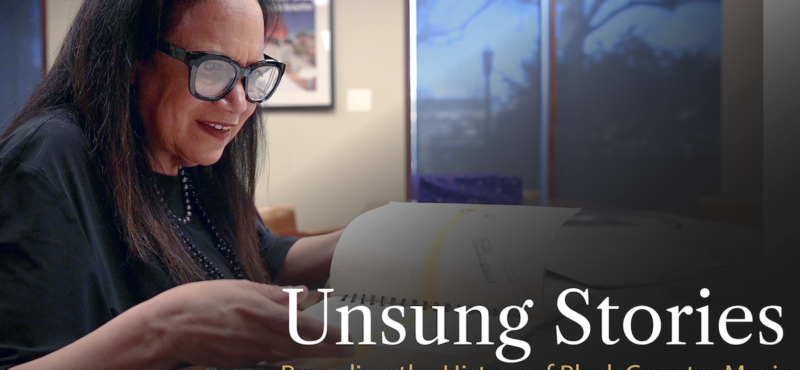Our Commitment to Equity, Diversity, and Inclusion
Our mission is to solve the world’s most pressing problems through learning, discovery, and service. The world’s problems are complex and tackling them effectively requires an approach empowered by diversity: of academic disciplines, backgrounds, demographics, beliefs, viewpoints, and experiences.
Because of the wide range of faculty expertise and academic departments within the College of Arts and Science, our commitment to equity, diversity, and inclusion (EDI) is woven into the very fabric of our work, our community, and our mission. We recognize that incorporating diverse perspectives to solve problems enriches the A&S experience for our students, staff, and faculty. This inclusion is essential to our ability to examine issues from multiple perspectives.
In addition to fostering a culture of inclusivity, we also seek to understand and address inequities through a variety of initiatives. Below are but a few examples:
- The STEM Education and Training Program (STEP) connects a range of programs across the college that teach, mentor, and support undergraduates in STEM courses, particularly underrepresented students.
- The Fisk-Vanderbilt Bridge Program creates a pipeline to increase diversity in the STEM fields. Founded in 2004 at Vanderbilt, it is the first physics and astronomy Ph.D. bridge program in the U.S. and has served as a national model for other institutions across the country.
- The MARC (Maximizing Access to Research Careers) grant, managed by our Department of Biological Sciences, enables outstanding undergraduates from underrepresented or disadvantaged groups to participate in research opportunities that prepare them for Ph.D. or M.D./Ph.D. programs in the biomedical sciences.
- The Engine for Art, Democracy, and Justice project examines and produces art related to issues of racial and economic justice, particularly in the U.S. South, with the goal of creating a more just and democratic future.
- The Mellon Partners for Humanities Education program aims to further humanities education, research, and collaboration between Vanderbilt University and institutions in the Southeast that are essential to the development of students from underrepresented backgrounds.
We recognize that issues around EDI are dynamic and ever-changing. We do not claim to have definitive answers to these challenging questions, but we are committed to examining and reexamining how to build a truly inclusive intellectual community and, more importantly, to taking action on what we learn.

